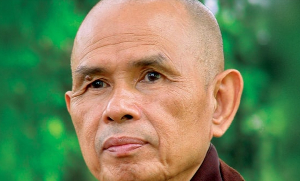May 25th every year is celebrated as African Union (AU) Day to remember Africa's independence, freedom, and liberation from colonial imperialism.
It's also marked to defend Africa's sovereignty, uphold human rights and dignity of the African people.
The formation of the first regional integration body - the Organization of the African Unity (OAU) on May 25, 1963, which after 38 years evolved into the African Union (AU) in 2001 offered an opportunity for Africans to deepen unity and spearhead economic liberation.
The AU Day is celebrated to reflect on how far Africa has gone in building a unified identity and strides made in socio-economic development.
This year's celebration is on the theme, "Silencing the Guns: Creating Conducive Conditions for Africa's Development and Intensifying the fight against COVID-19 Pandemic".
The celebrations will be conducted virtually or online due to the novel Coronavirus that has devastated many countries globally, including Africa.
Although comparatively, the African continent has not been affected too much in terms of fatalities, it is estimated that the COVID-19 crisis risks deepening inequalities, poverty, and social unrest on the continent, especially in Africa's poorest regions.
The World Bank estimates that the COVID-19 pandemic would push 49 million people globally into extreme poverty of which 23 million would be in Sub-Saharan Africa.
It said African countries already affected by social and political conditions such as instability and conflicts, food shortages, and high concentration of refugee camps are most vulnerable.
In that regard, African governments have been advised to institute stringent interventions to contain the rippling effects of the pathogen on the people.
Although some contingency measures had been put in place by some African countries to contain the spread of the virus, fear exists over healthcare system challenges, preparedness, and early detection mechanisms, and lack of confidence in the health authorities.
Therefore, African governments have been encouraged to increase public education on the contagion, build people's confidence in the healthcare system, provide emergency relief and shelters as well as expand social protection programmes to mitigate the impact of the respiratory disease.
Africa News of Sunday, 24 May 2020
Source: gna.org.gh

















